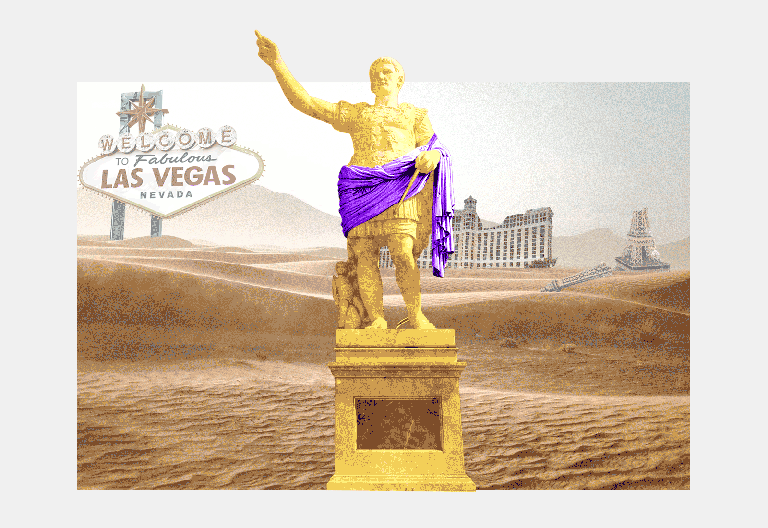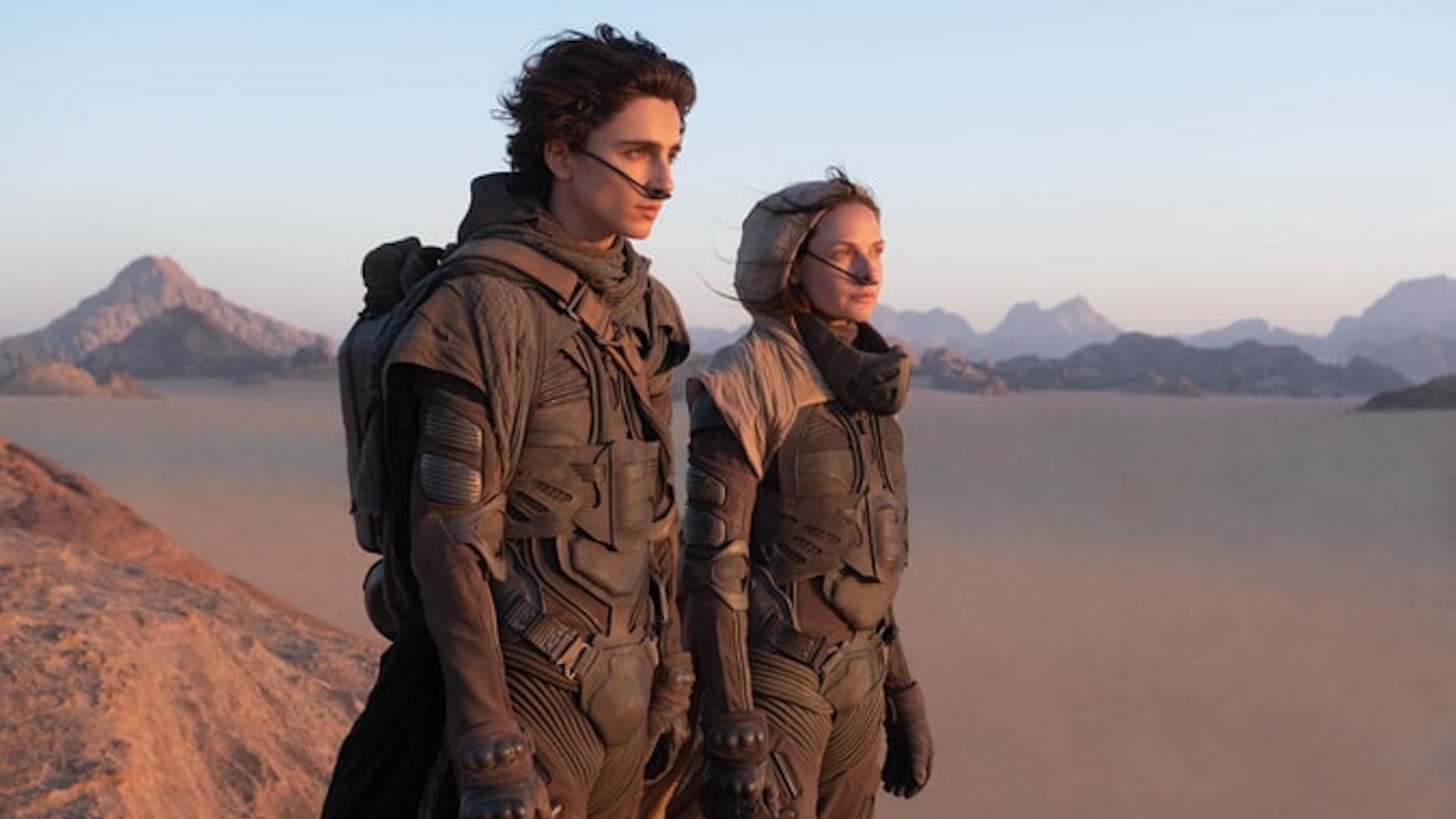If you possess some degree of historical awareness in 2021, it is hard not to recognize the influence of extractive colonialism everywhere you look. But you’d really have to be blind not to see it in Dune, the most recent cinematic interpretation of Frank Herbert’s classic 1965 sci-fi series.
The plot’s primary conflict revolves around various aristocratic houses overseeing the harvesting of spice, a powerful psychoactive substance that somehow also facilitates interstellar navigation, from the barren desert planet Arrakis, aka Dune. (I have not read the books, so I’m basing this entirely off having watched the two-and-a-half-hour epic on HBOMax, although it would probably be better enjoyed in theaters). Whichever house is in control of the harvesting — a choice that is dictated by the emperor — benefits from extraordinary wealth and power, because spice is highly valuable. As you can imagine, the natives of Arrakis, the Fremen, do not benefit in any way from this arrangement — in fact, they are at perpetual war with their colonizers.
The family in power of Arrakis at the beginning of the film, the Harkonnens, are clearly bad colonizers. We know this because they are pale and paunchy and bald, and their home palace looks like the Kardashian-West residence in a blackout. Whereas we are supposed to see the Atreides, who take over from the Harkonnens on command of the Emperor, as good colonizers; they are attractive and fit and they have all their hair (and how!), and their British Isles-like home planet’s palace has lots of windows.
Their goodness is further cemented by moments like the one in which the reigning Duke Leto Atreides (played by familiar space epic star Oscar Isaac) tells a Fremen leader that he has no interest in killing them — you’re welcome — and then again when he heroically saves twenty or so of his employees from some spice-threshing vehicle just before it is devoured by a sandworm. Leto’s son, Paul (played broodingly by Timothée Chalamet) signals his pureness of heart by asking a sweltering gardener about the local vegetation.
The necessity of mastering, or at the very least adapting to, the natural world is an ongoing theme in Dune. There is a scene early on in the film where Leto explains to his son that, as a Caladan-dwelling family, they have “ocean power” and “air power” under their belts. Now they must now learn “desert power,” which Paul seems to internalize as a personal mission that he will accomplish under the tutelage of Arrakis’ Fremen. Paul, furthermore, carries the burden of being the probable intergalactic messiah, the Kwisatz Haderach, a fate enabled by his witch mother of the Bene Gesserit order.
You may well be thinking: So, we are still embracing the white messianic story arc. Denis Villeneuve, the director of this latest iteration of the science fiction epic, has responded to the claim that Dune plays into the “white savior” trope by saying that no, actually, it is critiquing that very premise. I am not sure that the critique is evident, given the number of scenes in the film of brown people marveling at an uncomfortable Chalamet, but apparently this film is part one of two.
Villeneuve does seem to love a messiah narrative set in an apocalyptic future, which is how we could describe Blade Runner: 2049, his remake of Blade Runner: 2020. The theme of climate change and ecological demise was more obvious there than in Dune, what with Ryan Gosling stomping through dust-choked ochre ruins and dark clouds of drizzle. But what Dune offers in the way of a point of reflection on our climate crisis reality is the massive and complex scale of anguish that comes from the relentless extraction of a natural resource for profit.
Spice may be fictional, but here on Earth, wars have already been fought over dominion of oil; there’s a nonzero chance they’ll be increasingly fought over dominion of water, and who knows what comes next on this rapidly warming planet? I guess there really are only seven stories in the world.




